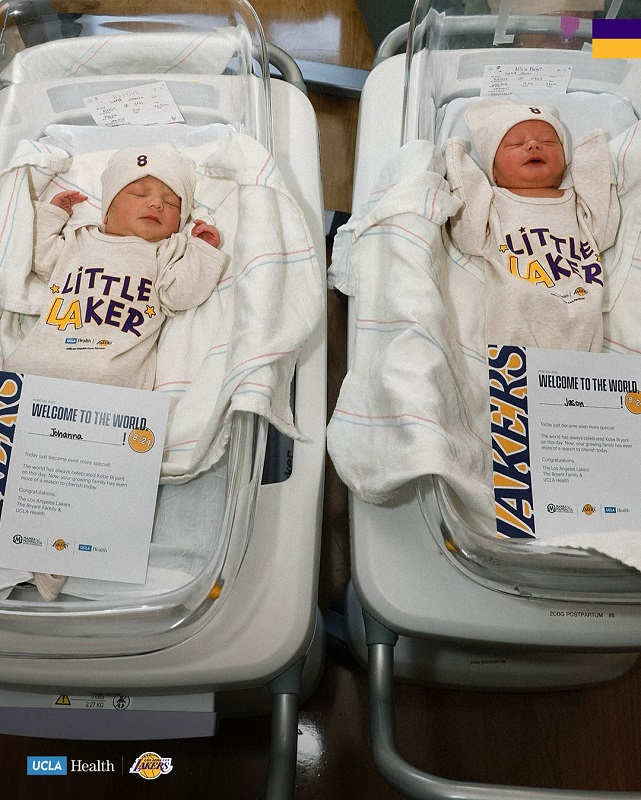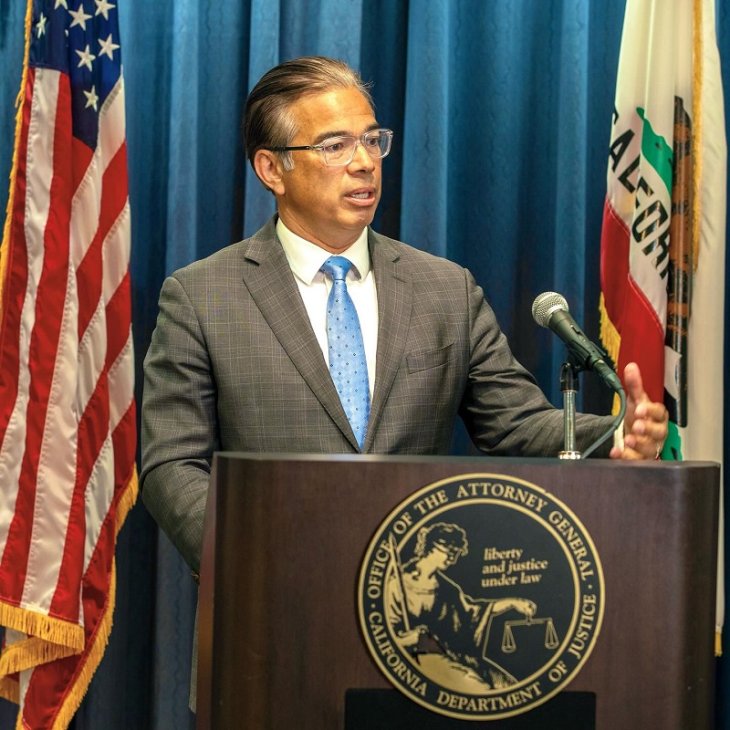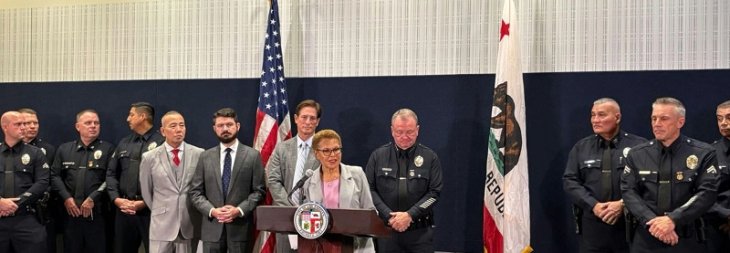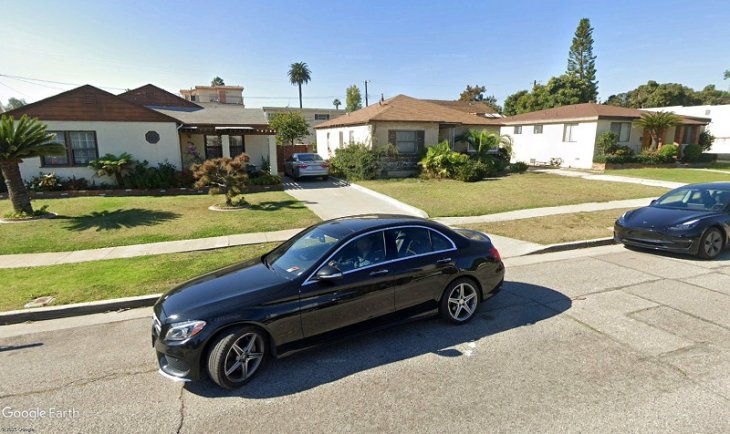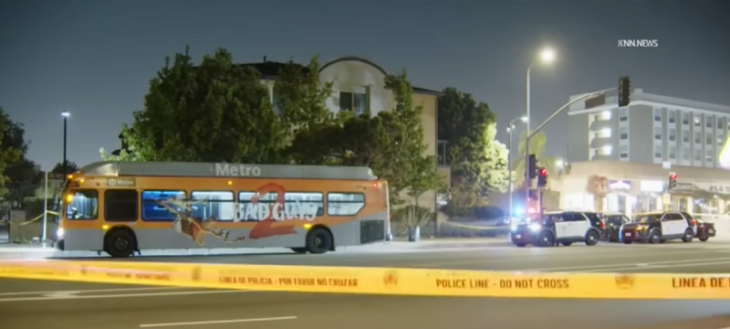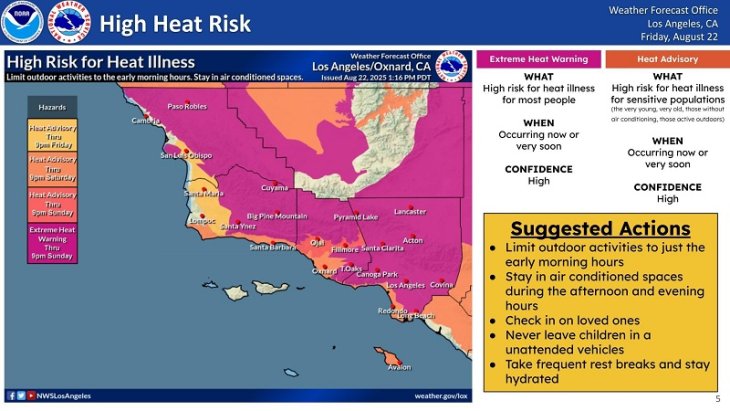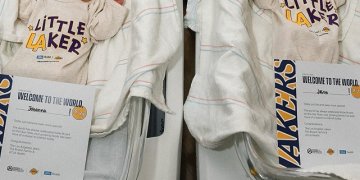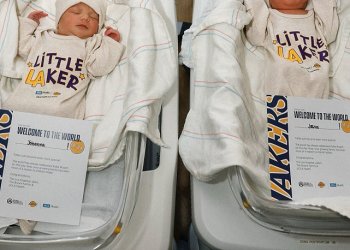Largest Proposed Supermarket Merger Faces Antitrust Allegations
The Federal Trade Commission (FTC) filed a lawsuit on Tuesday to block Kroger Company’s proposed $24.6 billion acquisition of Albertsons Companies, Inc., citing anti competitive concerns.
The FTC contends that the merger, if approved, would result in the elimination of robust competition between Kroger and Albertsons, leading to increased prices for groceries and essential household items. The commission argues that the diminished competition would also compromise product and service quality, limiting consumer choices in the grocery shopping landscape. Additionally, the acquisition poses a direct threat to the wages, benefits, and working conditions of thousands of grocery store workers, erasing aggressive competition for employees.
Henry Liu, Director of the FTC’s Bureau of Competition, expressed concerns about rising grocery costs and the potential adverse effects on essential grocery store workers. He stated, “Kroger’s acquisition of Albertsons would lead to additional grocery price hikes for everyday goods, further exacerbating the financial strain consumers across the country face today. Essential grocery store workers would also suffer under this deal, facing the threat of their wages dwindling, benefits diminishing, and their working conditions deteriorating.”
The FTC issued an administrative complaint and authorized a federal court lawsuit to halt the proposed acquisition during the commission’s administrative proceedings. A bipartisan group of nine state attorneys general has joined the FTC’s federal court complaint.
Kroger, operating thousands of stores across 36 states with regional banners such as Fred Meyer, Fry’s, Harris Teeter, King Soopers, Kroger, and Quality Food Centers (QFC), seeks to acquire Albertsons, which also operates thousands of stores across 35 states under regional names including Albertsons, Haggen, Jewel-Osco, Pavilions, Safeway, and Vons. If the merger proceeds, the combined entity would operate over 5,000 stores and approximately 4,000 retail pharmacies and employ nearly 700,000 individuals across 48 states.
Executives from both Kroger and Albertsons have acknowledged that the two companies are direct competitors, engaging in aggressive competition for customers and employees. The proposed merger has been acknowledged by executives from both supermarket chains as anti-competitive, with one executive candidly stating, “You are basically creating a monopoly in grocery with the merger.”
The FTC challenges the proposed divestiture offering by Kroger and Albertsons to alleviate antitrust concerns. The proposed divestitures involve transferring several hundred stores and select assets to C&S Wholesale Grocers. However, the FTC contends that the divestiture proposal is inadequate, lacking coherence and falling short of mitigating the lost competition between the two supermarket giants.
The commission argues that the proposed divestitures are not a standalone business and would present significant obstacles for C&S in creating a functional business that could effectively compete with the combined Kroger and Albertsons. Additionally, the proposal overlooks regional and local markets where both companies currently compete, and the assets offered for divestiture do not cover all the necessary elements for C&S to replicate the existing competitive landscape.
Beyond concerns about grocery prices, the FTC alleges that Kroger’s acquisition of Albertsons would diminish the incentive for both companies to compete on product quality and customer service. The current competition between Kroger and Albertsons drives improvements in various aspects, including offering fresher produce, higher quality products, enhanced private label offerings, a broader array of in-store services, flexible store and pharmacy hours, and curbside pickup services.
The commission warns that the merger would eliminate head-to-head competition, resulting in increased grocery prices and reduced motivation for Kroger and Albertsons to enhance product quality and customer service.
The potential harm extends to the workforce, as Kroger and Albertsons are the two largest employers of union grocery labor in the United States. The combined entity would have increased leverage over workers and their unions, negatively impacting improvements to wages, benefits, and working conditions. The FTC contends that union grocery workers’ ability to negotiate better terms, especially during collective bargaining agreements, would be weakened.
The offices of the attorneys general of Arizona, California, the District of Columbia, Illinois, Maryland, Nevada, New Mexico, Oregon, and Wyoming are joining the FTC’s federal lawsuit.
The FTC’s administrative complaint initiates a proceeding where the allegations will be examined in a formal hearing before an administrative law judge. The commission works to promote competition, protect consumers, and educate the public about antitrust issues.

